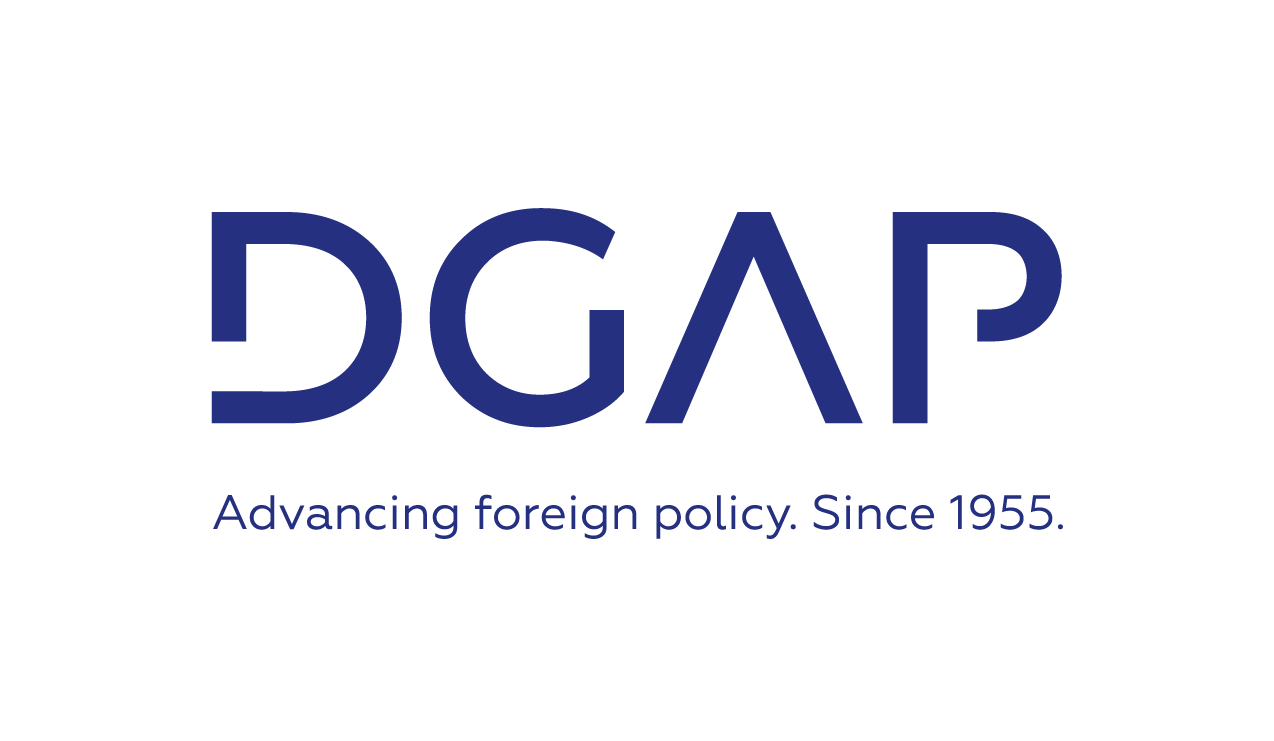Visegrád 4 at 30: economic outlook, regional dynamics, role in the EU
11 February 2021 4:00 pm CET
Online panel discussion with Roderick Parkes and Milan Nič (DGAP), Eszter Zalan (EUobserver) and Richard Grieveson (wiiw)
Venue
This is an online event. The panel discussion will be streamed as a YouTube Livestream and can be watched via this page. Questions can be asked via sli.do. Please register for reminders and e-mail updates.
Description
You may ask questions during the session via sli.do using the hashtag #visegrad.
February 2021 marks the 30th anniversary of the Visegrád agreement. It’s time to look back and forward. The four countries have made remarkable economic progress in the past 30 years: per capita GDP in the Czech Republic is at around 90% of the EU level and higher than in some 'older' EU member states, and Poland has achieved particularly strong and sustained convergence performance since the mid-1990s. However, this has not translated into rewards for mainstream political forces nor influence at the EU level. So, what is the future for this regional grouping in the EU? Does anything bind the four Central European countries beyond their geography, economic interests and and elites? Have they missed the window for constructive influence in the EU, or might the shift of global power eastwards play in their favour? And does the current trend of deepening of Franco-German relations herald a heightening of Europe’s East-West tensions or a fundamental reshuffle of the EU's political coalitions?
Questions to be addressed include:
- Why have the Visegrad countries performed better in economic terms than most of the rest of CEE in the last three decades? What characterises their relative success?
- Why has this not translated into more influence at the EU level?
- What was the crucial turning point: the migration crisis of 2015 or internal developments in V4 countries, such as the illiberal counter-revolution of Viktor Orbán and Jarosław Kaczyński?
- To what extent has the rise to power of Orbán and Kaczyński been driven by economic factors?
- The idea of these four countries as a distinct group persists. Why is this? How has the V4 survived recent cracks over the rule of law and the EU budget by Hungary and Poland?
- What is the future of this region within the EU after the pandemic? Do V4 political elites still share similar national aspirations within the EU?
- What should be the future-oriented EU agenda of V4 governments with Germany and Austria?
The panelists
Milan Nič
Head, Robert Bosch Center for Central/Eastern Europe and Russia, German Council on Foreign Relations (DGAP)
Eszter Zalan
Journalist, EUobserver, Brussels
Richard Grieveson
Deputy Director, wiiw
Chair: Roderick Parkes
Head of Europe program, German Council on Foreign Relations (DGAP)
